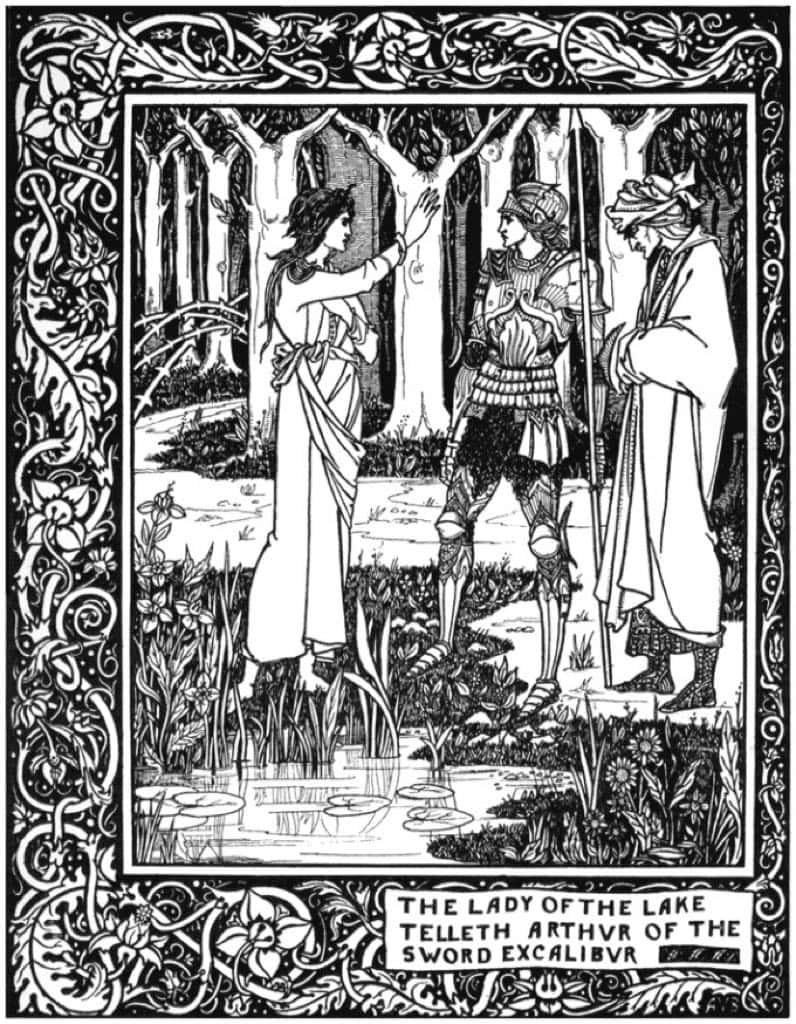Tai Ji Men dizi have been denied the time of their youth, but they will not be stolen the youth of their heart, as they never surrendered their fundamental hope.
by Marco Respinti*
*Conclusions of the webinar “Who Stole Their Youth? Protests, Freedom, and the Tai Ji Men Case,” co-organized by CESNUR and Human Rights Without Frontiers on August 8, 2023, in preparation of the United Nations International Youth Day, August 12.

There are a few points that scholars and guests and testimonials repeat time and again during this series of webinar about the Tai Ji Men case. Of course, this does not happen because our imagination dried out and we have nothing left to say. Just the contrary. The goal of the webinars is to raise concern on that blatant case of injustice that we call the “Tai Ji Men case,” advocating for its rapid solution. We regularly repeat a few of its outrageously distinctive points to underline the absurdity of what has been done to a group of innocent people, and the irrationality of the suffering that has been and is being imposed on them.
Wasted time is chief among these. Wasted time or stolen youth, as the title of today’s webinar correctly says, in its turn drawing from the title of a important book on the case that I recommend to read.
The concept of “stolen youth” directly and seriously indicts those who have deprived an entire generation of young women and men of all the beauty and gifts of their age. It is the generation of Tai Ji Men dizi, or disciples, that has been growing up while the Tai Ji Men case unfolded, from December 1996 up to today. This means more than a quarter of a century of persecution based on lies that have been repeatedly declared false by all levels of Taiwanese justice, and yet cast their dark shadow of sorrow on the whole movement, due to some corruptly dull bureaucrats. This is one of the outrageously distinctive, absurd, and irrational points that our webinars routinely stress—on purpose. The fact that all dizi under the age of 30 basically grew up pursued by persecution and lies, and were bullied and discriminated for the simple reason of being Tai Ji Men disciples, is another outrageously distinctive, absurd, and irrational point that we always underline. Sometimes, we can hardly believe our own utterances.
Few of those living in what we call the “free world”—an endangered concept and sometime a rather ambiguous one, which yet retains an important value—know what is like to be considered “bad” for the mere fact of belonging to a certain group. The violence of all this is hardly understandable for those who have never suffered it, and it is literally incredible when we see it performed in front of our eyes. An entire generation of dizi have found themselves totally immersed in a climate of suspicion and hatred for all their lives. They hardly know anything else. They needed to defend themselves for their whole life. They needed to give explanations for what they are, and often the explanations did not persuade those who preferred to believe the lies spread through the media. As other groups have experienced too, this is what it means to be labeled “cultists.” Many regard “cultists” as people belonging to obscure groups that do obscure things to obtain obscure goals—and of a “cult” they would say “we know nothing about it, but we know it is dangerous.”
“You are a cult.” “You are a devious sect.” “Your Shifu and your leaders are necromancers, who raise goblins.” “You are liars and deceivers.” “You steal from the community by evading taxes.” “You are bad.” These are the epithets that are thrown on Tai Ji Men Shifu and dizi by those who do not listen and do not know, and prefer to repeat slogans and empty words. And these are the words that an entire generation of dizi, all those who have less than 30 years of age—and 30 years is a huge span of time in the life of a person—have been obliged to bear every single day of their existence. An entire generation of dizi was born with a mark of scorn and contempt, with a stamp of despise, with the label of being second-class citizens. We have seen it before in history, with tragic consequences, and this is why it must stop immediately.
This is a stolen youth and a wasted time. Of course, this generation of dizi learned how to smile, enjoy their humanity, appreciate freedom. But they had to do it amidst frauds and lies, using their time and energy to counteract ignominies, while they should have been able to use that same time and energy for constructive goals. Time does not in fact come back—and this is the major theft that and entire generation of young people, guilty solely of being innocent, has had and continues to endure.
“Time, devourer of everything, and you, hateful old age, you destroy everything and bit by bit you consume all those things that have been mangled by the teeth of the passing age.” Latin poet Ovid (43BC‒17AD) entrusted these hard and poignant lines to his “Metamorphoses” (15, 234‒36.) As Ovid said, time destroys everything. Things pass and they are no more. Nothing comes back. What is gone is gone, what passes is past, what is lost is lost. In Ovid’s metaphor, “you, hateful old age” is not, of course, intended as an offense against elderly people: it is a symbol of corruption to be contrasted with another symbol, i.e., youth as a spiritual condition.

Youth is in fact the symbol of life, spring, birth, while oldness may become the symbol of decay. As Ovid said, oldness consumes youth itself, when youth is not lived as hope. This is perfectly shown by the “young man” Dr. Hong Tao-tze, who recently turned 80 and is younger, much younger than several biologically young people.
We can extend this concept to all human beings, to all Tai Ji Men dizi, be they young, adult, mature, or aged. All of them have been deprived of their youth. Ovid’s symbols of youth and oldness go of course beyond biological age; they symbolize a condition of the spirit and an attitude toward life. Persecutors are old, hardened, obnoxious hearts, while innocent victims are as young sacrificed lambs, no matter their age.
“Stand back! Be silent! Be still!… That’s it… and look upon this moment. Savor it! Rejoice with great gladness! Great gladness! Remember it always, for you are joined by it. You are One, under the stars. Remember it well, then… this night, this great victory. So that in the years ahead, you can say, ‘I was there that night, with Arthur, the King!’ For it is the doom of men that they forget.” These lines are pronounced by the character of Merlin in British filmmaker John Boorman’s 1981 movie “Excalibur.” Aimed at drawing the attention of a confused crowd and transform it into an ordered public, finally ready for an important message, in a way these words remind us a famous “incipit,” or beginning, used by William Shakespeare (1564 –1616) for Act I, Scene 2, of his “Julius Caesar.” There the character of Casca cries out: “Peace, ho! Caesar speaks.” These words of Merlin convey a truth that all human beings need to face: the doom of humans is that they forget.
The movie “Excalibur” tells once again the myth of King Arthur and his Knights of the Round Table in one of its several literary variants. In this case, Boorman took inspiration from the 15th-century romance “Le morte d’Arthur” by Anglo-Norman author Sir Thomas Malory (1393/1425‒ca. 1470). When we refer to the Arthurian matter as a “myth,” we do not of course mean that it is a lie. We mean an inspiring tale that has something fundamental to teach on ultimate realities. And in fact the Arthurian myth refers to things as they ought to be, but they are not; a dream that can come true, but it doesn’t because evil breaks it. It conveys a sense of longing for beauty, fullness, and perfection that could be our human ideal condition, but that we have lost. This is also the common tract that can be seen in many spiritual traditions as one of the key feature of religious experience; Romanian-American historian of religions Mircea Eliade (1907–1986), among others, described it as a “nostalgia of paradise.”

We have lost that land of purity that, to go back to Ovid, youth symbolizes—because oldness, in Ovid’s terms, devoured it, seemingly in a way that made it go away forever. But it is not so. It is here that one of the most serious sins human beings may commit, and one of the most precise strikes that evil may blow to us, comes in: forgetfulness, as Merlin said. Time really devours everything if we let it destroy also our memory, our remembrance of things as they ought to be and should be, our nostalgia of paradise.
If we, in turn, manage to defeat time as the devourer of our memory, paradise is not lost. If we save our spiritual youth from the spiritual oldness that wants to grab it, not all is lost. Yes, an entire generation of Tai Ji Men dizi have been stolen their youth, but their time would have been wasted only if they would allow themselves to be defeated by Ovid’s “hateful old age,” which corresponds to the rogue and corrupt bureaucrats who persecuted them. Instead, dizi maintained their hopes that things can still be as they ought to be.
Anglo-American poet T.S. Eliot (1888–1965) took years to write the long poem, actually six in one, that was published in 1930 as “Ash Wednesday.” In number 4 of the poem, he reminds us: “Redeem/ The time. Redeem/ The unread vision in the higher dream.” There is a way to defeat time: it is by cultivating our purest and noblest aspirations. Yes, an entire generation of Tai Ji Men dizi have been denied the biological time of their youth, but they have not and will not be stolen the beautiful youth of their heart and spirit, unless they surrender the hopes that make them what they are. And they don’t.
Our contribution to their perpetual youth is the cultural fight we are engaged in to restore justice to them—a small but important anticipation of a paradise that has not been lost.
Source: Bitter Winter

